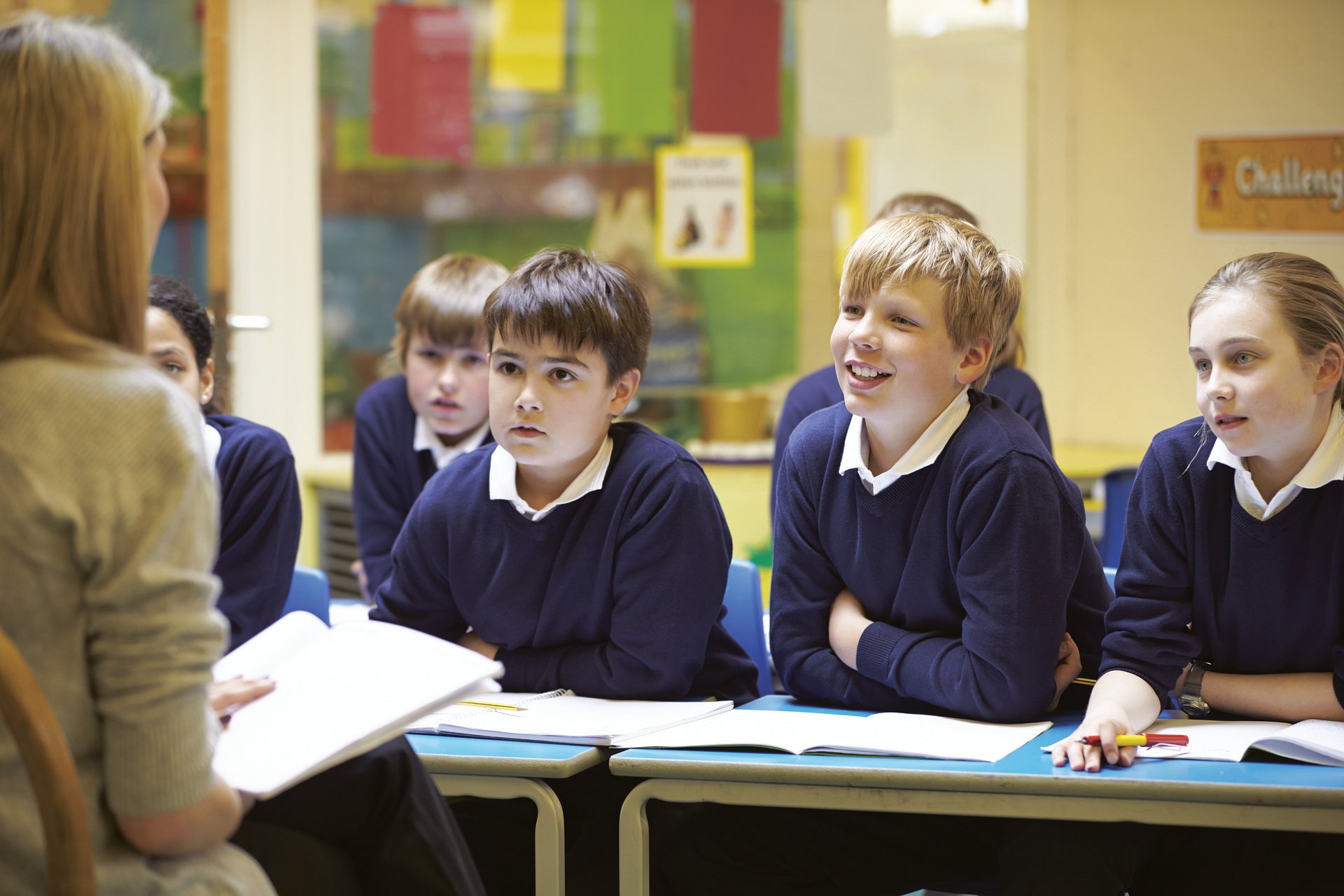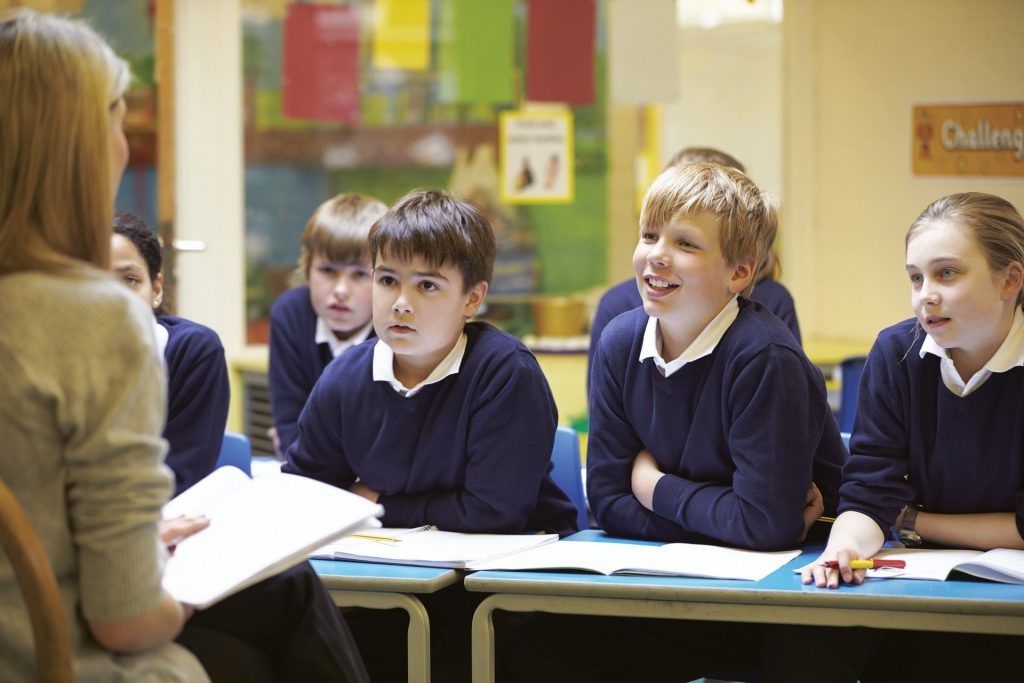British schools reopened to all students this week, following a winter break in which Covid-19 cases rose by over 127,000. The Conservatives believe this is the best option for students, promoting face-to-face learning as better for education and wellbeing when compared to remote learning.
Now yes, if one were to take a ‘normal’ year – one in which there was no coronavirus pandemic – the Tories would indeed be right; as online learning can be unreliable, lack the discipline of a class environment, and disrupt schools’ pastoral role.
However it is not a normal year. The British people face a pandemic which the Conservatives have allowed to grow wildly out of control, and while in-person learning is the ideal, it is not justified by the current prevalence of Covid, nor the lack of resources for schools and colleges.
As it stands, schools simply do not have the ability to limit Covid spread. Class sizes are too large – nearing thirty in many schools, teachers are off work due to Covid, and many rooms have poor ventilation. The Tories have sought to offer some support, recently announcing the provision of 7,000 air cleaning units, in addition to 1,000 already put forward for special schools.
Yet, the government appear to have massively underestimated the number of schools in Britain. There are over 31,000 schools in this country, and 375 FE colleges, meaning that if the government sought to provide just one ventilator for every school and college, they would not even be a quarter of the way there!
“Seven thousand more air purifiers is something,” argues Dr Mary Bousted, joint general secretary of the NEU, “but it is completely inadequate for what should be a basic human right, the provision of clean air in every classroom in every educational setting. The fact that the Government have provided the extra purifiers shows that it recognises the problem, but with over 300,000 classrooms in England it has failed to provide an effective solution.”
Another serious issue for schools is class sizes. The average class size is 22 students, and that may be set to rise much higher with the possibility of classes being merged. Thanks to Covid-19, many staff are off sick or isolating, leading to potential staff shortages in some areas.
Oasis Community Learning is a multi-academy trust in England. Founder Steve Chalke told BBC Radio 4 “We’ve already decided to partially close one of our schools in Birmingham because of a lack of teaching staff… We estimate that 10 per cent of our staff have got Covid around the country. That’s more prevalent in some parts of the country than others.”
Education secretary, Nadhim Zahawi, admitted that teacher absences reached 8% last year, and that “if that rises further then we look at things like merging classes, teaching in bigger numbers.” Clearly then, the government are aware of the dire position schools and colleges are in, yet they still stubbornly argue that all students go to school.
This is not the only option, however. The Tories are able, as they already proved in 2020, to shut schools for most students, save only vulnerable students and the children of key workers. Though this would mean a return to remote learning for most, the government has the power and the resources to make this work.
The YCL calls on the government to provide free broadband and IT equipment, ensuring every student has access to online education, no matter their family’s income. Then with most students home, schools would be much more able to prevent the spread of Covid, and ensure vulnerable students and the relevant support staff aren’t stuck in isolation.
It is important also to acknowledge the role school plays in providing many vulnerable students with free school meals. Therefore, the YCL calls not only for the temporary shutting of schools, but also the provision of free school meals to all students who request them, without means testing.
If the leaders of the UK and devolved governments truly care about the wellbeing of students, they would listen to the education unions and independent scientific advisors. Only when the unions and scientists agree that Covid is sufficiently contained, and schools are sufficiently resourced, should Britain consider a return to in-person teaching.
The politicians have the wealth, the power, and the resources to keep students safe. All they are lacking is the will.
Philip English, is a member of the YCL’s Birmingham branch




